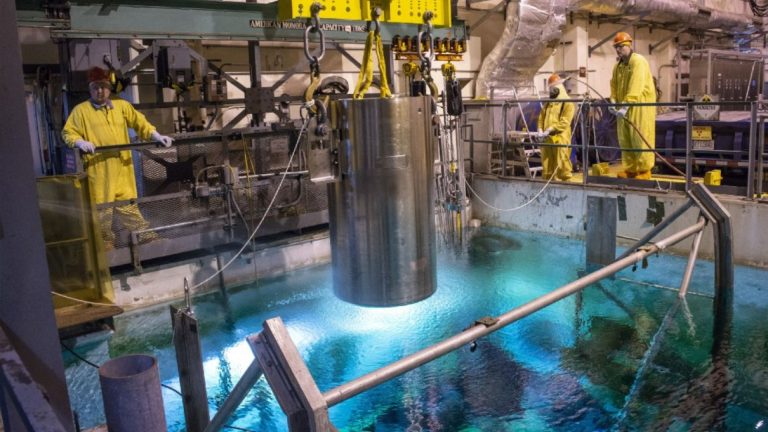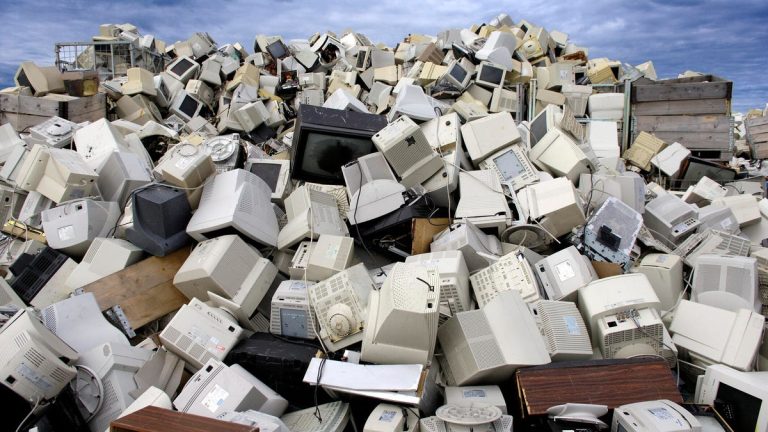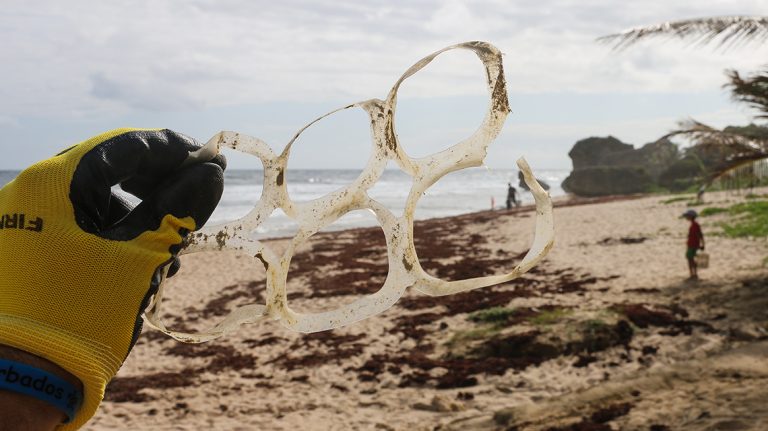
- Targeting 7M tons of waste: The collaboration addresses the recycling of films and flexibles—7 million tons of which are landfilled annually in the U.S., with less than 5% currently recycled.
- AI-powered precision: Google’s molecular vision tech, backed by AI and machine learning, enables rapid, accurate identification of complex plastic packaging at industrial scale.
- Proof of concept achieved: Dow’s materials expertise has helped validate the system’s ability to identify and predict the molecular makeup of multi-material packaging.
Dow and X, Google’s innovation lab known as the Moonshot Factory, have joined forces to tackle one of the largest barriers to plastics circularity: recycling films and flexibles—packaging materials that are widely used but rarely recycled.
“By combining Dow’s expertise in materials science with Google’s advanced machine learning and AI technologies, we aim to revolutionize the way recycling centers process plastics, making the process more efficient and effective,” said Han Zhang, Global Sustainability Director for Packaging and Specialty Plastics at Dow.
Flexible packaging—used for products like granola, pet food, and chips—is made of multi-layered materials that often include various plastics, metals, or paper. These combinations create highly effective barriers to air and moisture but make the materials extremely difficult to recycle. U.S. curbside programs rarely accept them, and as a result, nearly 95% of these plastics are discarded.
RELATED ARTICLE: 6 Ways Google Advanced Energy Solutions in 2024
X’s Moonshot for Circularity has been working for years to build a comprehensive plastics database using a mix of chemistry, machine learning, and Google’s compute power. This data now powers a pilot project in Oregon, where sensor technology is identifying molecular compositions of plastic packaging in milliseconds and sorting it at scale.
“We’re encouraged by this proof of concept,” said X. “In the coming months, we’ll be continuing our work with Dow to further explore the potential of molecular vision to help address more film and flexible recycling challenges.”
Dow’s recent acquisition of Circulus—a recycler of plastic waste into post-consumer resin—strengthens its role in advancing recycling infrastructure. The company is also supplying real-world materials and data from its Pack Studios, helping X refine its AI systems to decode the complex molecular profiles of soft plastics.
Dow’s deep chemistry expertise has already enabled what the companies describe as “first-of-a-kind findings” showing AI can not only identify materials but also predict their composition percentages—key to streamlining the recycling process and creating new, high-quality feedstocks.
As the system evolves, both partners see promise in scaling this breakthrough to boost circularity and reduce plastic waste.
Follow ESG News on LinkedIn



